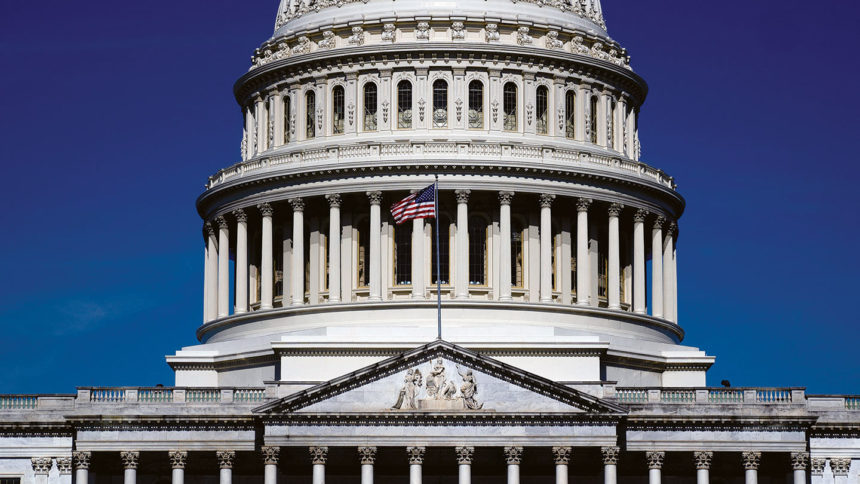
US House lawmakers have reintroduced a bill that would apply hospital ‘observation status’ designation toward Medicare’s three-day qualifying hospital stay requirement. If the legislation passes, more post-acute patients could qualify for care in skilled nursing facilities, a reprieve for providers following the end of pandemic-era waivers, industry advocates said.
The bipartisan Improving Access to Medicare Coverage Act of 2023, introduced on Aug. 4, is aimed at fixing what its sponsors called an “arbitrary Medicare policy that excludes coverage of skilled nursing care for certain patients, resulting in exorbitant and unexpected out-of-pocket costs.”
Medicare rules require three admitted nights for coverage of a skilled nursing facility stay, but hospitals label some patients as under observation, an outpatient status whose coding effectively negates time accrued toward the three nights, and interferes with coverage for post-acute stays.
‘Outdated’ Medicare rules
“Under outdated Medicare rules, patients who receive hospital care on ‘observation status’ do not qualify for the benefit of skilled nursing care, even if their hospital stay lasts longer than three days and even if their care team prescribes it,” Rep. Joe Courtney (D-CT) and co-sponsors said in a statement.
Hospitals are increasingly using the under observation designation, they noted.
The reintroduced bill would apply days spent in the hospital under observation status toward the three-day qualifying hospital stay requirement, Todd Adams, LeadingAge director of Health Legislative Affairs, explained on a call with members Monday. Therefore, “Medicare patients who spend three days in the hospital, regardless of inpatient designation or observation designation, can access post-acute care in skilled nursing facilities,” he said.
‘Important step’ forward
“Although the Improving Access to Medicare Coverage Act would not completely eliminate the three-day stay requirement, it would be an important step toward addressing it,” he told providers.
A pandemic-era waiver of the three-day stay rule ended in May, despite providers’ efforts to have the Department of Health and Human Services permanently extend it. Industry advocates found that doing so was beyond the bounds of the Centers for Medicare & Medicaid’s statutory authority, and required an act of Congress.
The ending of the waiver has caused confusion, unexpected bills and delays in care for Medicare beneficiaries, according to Rep. Courtney.
“That limited-time waiver serves as solid evidence that we can and should eliminate [the observation status] rule for good,” he said.
Quibbling over semantics
“Whether a patient is in the hospital for three days as an inpatient, or for three days under ‘observation status’—three days is three days,” Courtney said. “Quibbling over semantics shouldn’t keep people from accessing the care their doctors have prescribed, or trap them beneath a mountain of unexpected medical debt.”
Mark Parkinson, president and CEO of the American Health Care Association/National Center for Assisted Living said in the lawmakers’ statement that “seniors who spend three days in a hospital, regardless of their inpatient or observation designation, must be able to recover safely in a skilled nursing facility when they need it without fear of considerable out-of-pocket costs. It’s time to eliminate this confusing, costly policy and barrier to post-acute care, and this legislation will best serve our Medicare beneficiaries as well as the Medicare Trust fund.”
LeadingAge’s Adams said the organization has also called on Congress to eliminate the three-day stay requirement from the statute. More than 30 national stakeholders have expressed support for the bill.



